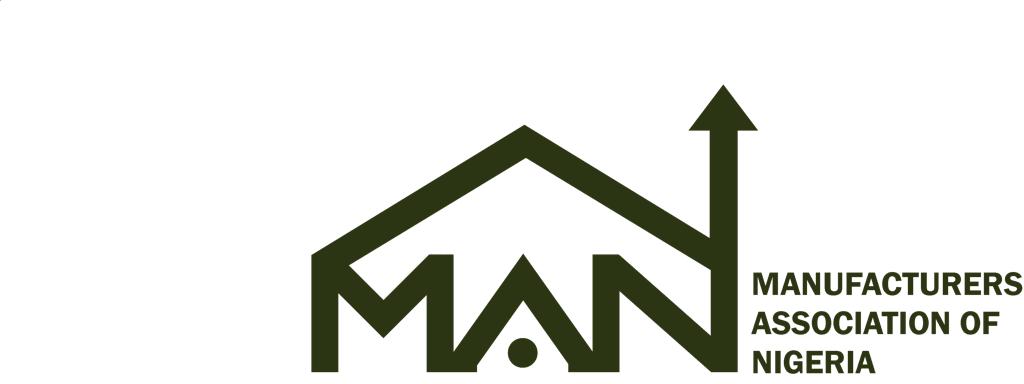The Nigerian motorcycle manufacturing industry faces a critical juncture, grappling with the conflicting forces of import dependence and the ambition to become a continental manufacturing hub. The Motorcycle Manufacturers Association of Nigeria (MOMAN) has identified a significant impediment to progress: the vested political interests of individuals who profit from the current import-heavy model. These individuals, many of whom are themselves importers of motorcycles, allegedly obstruct the implementation of the government’s import component deletion program, a policy designed to bolster local production and reduce reliance on foreign Original Equipment Manufacturers (OEMs). This reliance on imported components not only drains valuable foreign exchange reserves but also creates vulnerabilities within the manufacturing sub-sector’s supply chain, leaving it susceptible to external shocks. The current system benefits importers, who maintain their established networks and profit margins, at the expense of developing a robust domestic manufacturing base.
The government’s Motorcycle/Tricycle Components Deletion Programme, lauded by MOMAN as a much-needed intervention, seeks to systematically replace imported components with locally produced alternatives. This phased approach aims to gradually reduce import dependency, stimulate domestic industry, and ultimately position Nigeria as a manufacturing powerhouse for two and three-wheeled vehicles within Africa. However, this vital program faces stiff resistance, primarily from politicians with financial stakes in the existing import system. This political maneuvering undermines the government’s efforts to attract foreign investment in local motorcycle manufacturing. Potential investors are hesitant to commit resources in an environment characterized by policy uncertainty and the potential for politically motivated disruptions. The clash between national industrial policy and individual political interests creates a challenging environment for the development of a sustainable and competitive motorcycle manufacturing sector.
Structural challenges further complicate the situation. The lack of a functional local steel industry, exemplified by the dormant Ajaokuta Steel Company, necessitates continued reliance on imported metal components, even when domestic production is technically feasible. This deficiency undermines the comprehensive development of the local supply chain and perpetuates dependence on foreign sources. The multiplicity of motorcycle brands operating in Nigeria presents another significant hurdle. The fragmented market makes it economically challenging to achieve the economies of scale necessary for cost-effective local production of components. Producing parts for a multitude of brands requires significant investment in specialized molds and machinery, an investment that becomes viable only with a substantial and predictable demand volume. The current fragmented market, however, does not offer that assurance. The sheer number of brands dilutes the potential market for each individual component, making large-scale production a risky proposition.
MOMAN, while acknowledging the government’s efforts through the National Automotive Industry Development Plan (NAIDP) to establish Nigeria as a regional hub for motorcycle and tricycle manufacturing and distribution, stresses the need for more decisive action. The association highlights the existing exports of locally assembled motorcycles to neighboring countries like Cameroon, Togo, and Benin Republic as evidence of Nigeria’s potential to become a central distribution point for West and Central Africa. This potential, however, remains untapped due to the aforementioned challenges. Realizing this vision requires not only the NAIDP framework but also concerted efforts to address the underlying structural issues and, crucially, to overcome the political resistance to change. MOMAN advocates for a more proactive approach by the government, urging them to leverage Nigeria’s strategic location and large population to attract foreign investment and facilitate the flow of motorcycles and tricycles throughout the region.
To foster the growth of domestic component manufacturing, MOMAN proposes several concrete measures. They recommend increased import duties on plastic parts already being produced locally, such as trafficator lenses, footrests, and mud flaps. This targeted protectionism would provide a much-needed boost to local manufacturers in Nnewi and other production centers, allowing them to compete more effectively with imported alternatives. Furthermore, MOMAN advises the government to rationalize the number of motorcycle brands operating in the country. Reducing the number of brands would concentrate demand, enabling local manufacturers to achieve the economies of scale necessary to justify investment in component production and ultimately increase cost-effectiveness. This streamlining would create a more conducive environment for domestic production and reduce the current reliance on imported parts.
MOMAN’s strategy focuses on developing the local capacity to produce replacement parts for the after-sales market, a more realistic and achievable objective than competing directly with established OEMs in supplying parts for new motorcycles. Recognizing the difficulty in persuading foreign OEMs to accept third-party components in their new products, MOMAN emphasizes the importance of focusing on the after-sales market, where local manufacturers have a greater chance of success. While welcoming the NADDC’s vehicle financing scheme aimed at increasing access to locally assembled vehicles, MOMAN cautions that without addressing the fundamental issues of import dependence and political interference, the industry’s long-term growth prospects remain uncertain. The association emphasizes the urgent need for the government to actively support local producers, curb unnecessary imports, and create a level playing field that allows the domestic industry to thrive and contribute meaningfully to the Nigerian economy.














